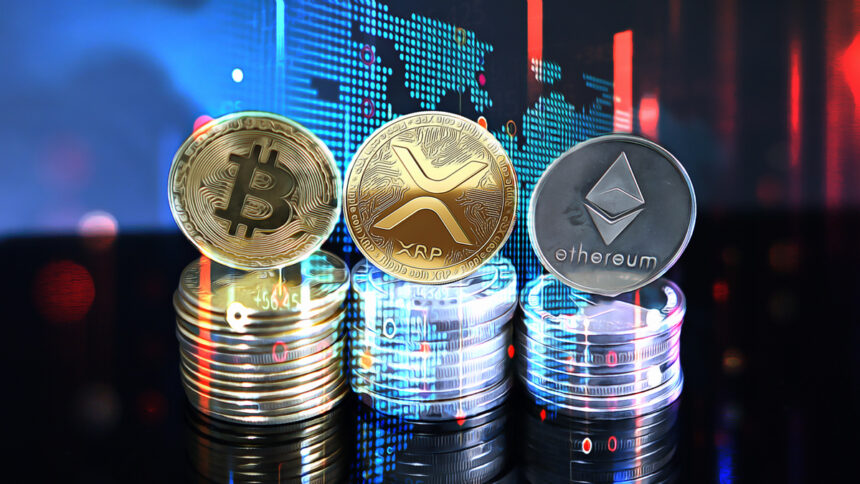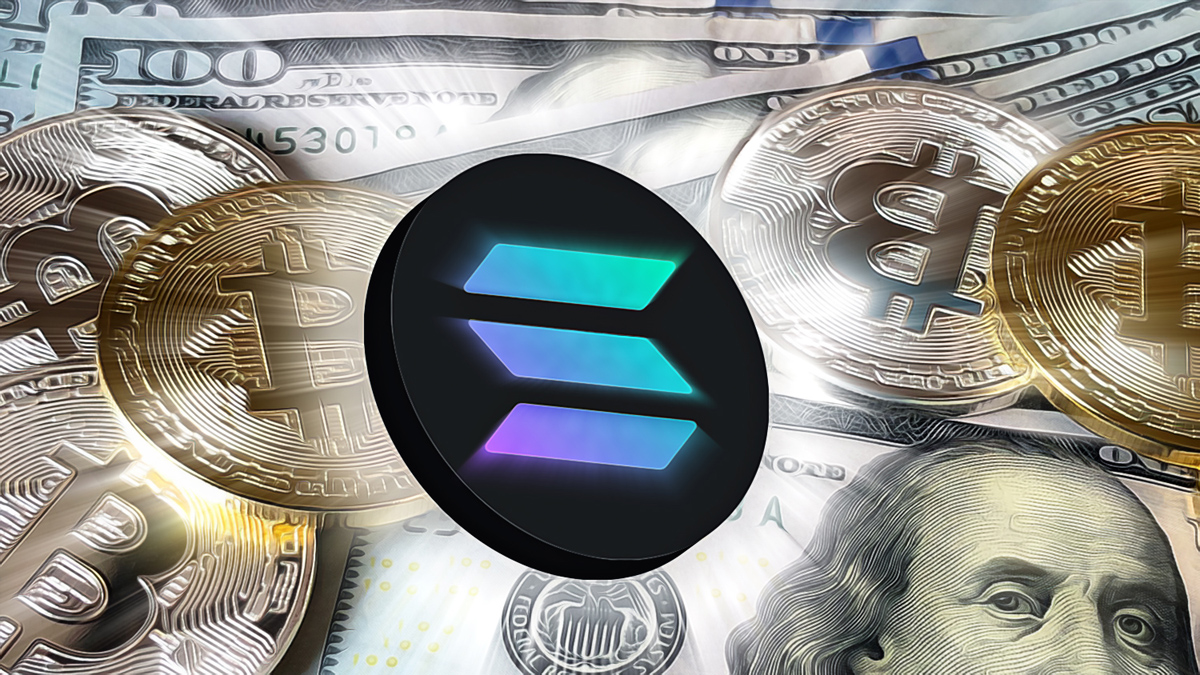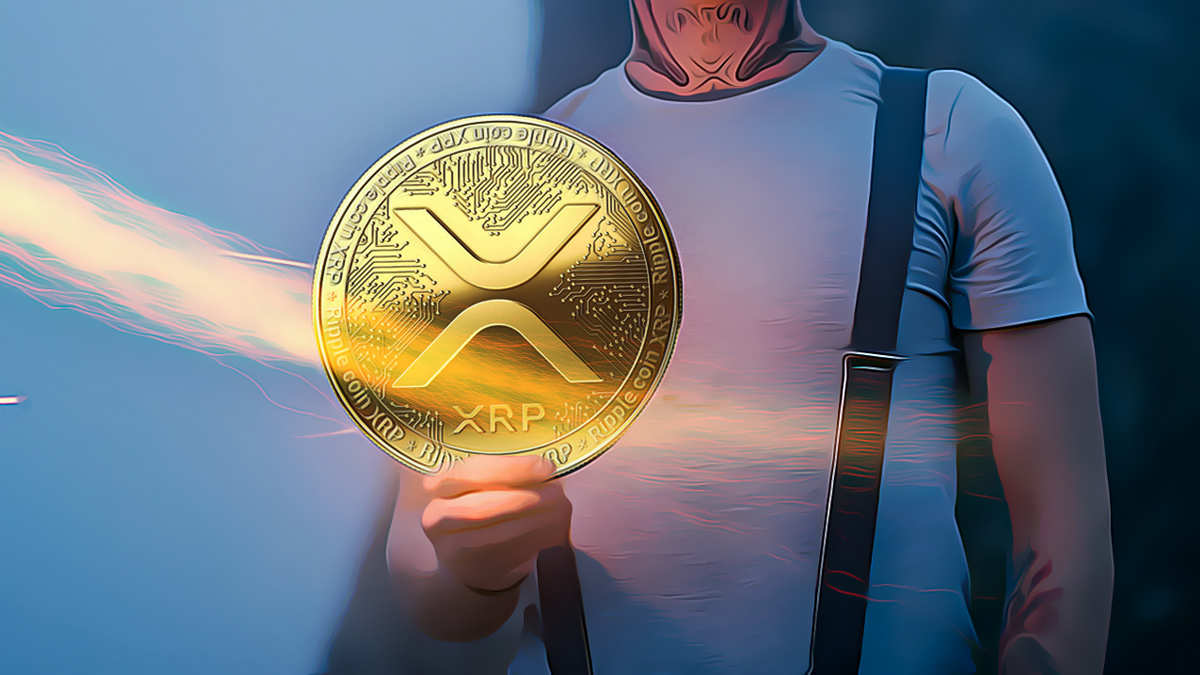In Indonesia, cryptocurrency trading is projected to grow by 335.9% in 2024, boosting its transaction volume to 650.61 trillion Indonesian Rupiah (approximately 40.2 billion USD). According to the Jakarta Globe, the number of registered cryptocurrency users in the country reached 22.1 million as of November 2024. The Indonesian Commodity Futures Trading Regulatory Authority (Bappebti) attributes this remarkable growth to an expanding user base and a surge in trading volume. Bappebti Chairman Tirta Karma Senjaya indicated that the number of users could surpass 25 million in the coming months, with USDT, BTC, DOGE, PEPE, and XRP leading the trading charts.
Focus on Regulations for the Cryptocurrency Market
The Indonesian government has taken a significant step to centralize oversight of the cryptocurrency market. Bappebti announced that it would transfer its regulatory authority over cryptocurrency to the Financial Services Authority (OJK) in 2024, while maintaining control over commodity futures. Senjaya emphasized that this transition would enhance market confidence and ensure investor protection.

Moreover, the growth of the cryptocurrency market is also bolstering the local economy. Interest in exchanges is rapidly spreading, particularly among the younger population. The government aims to reduce risks of manipulation and fraud with new regulations, while also tightening licensing processes for cryptocurrency exchanges.
Increase in Commodity Futures Trading
In 2024, Indonesia’s commodity futures market is showing record performance as well. The market value surged by 29.34% to reach 33.214 trillion Indonesian Rupiah (around 2 trillion USD). Major commodities traded include tin, crude palm oil, gold, coffee, and cocoa. With the establishment of the Indonesia Crude Palm Oil Exchange (ICDX) in October 2023, Bappebti aims to enhance transparency and price stability.
ICDX manages both spot and futures trades with logistical support from 19 ports. Participation in the exchange is limited to local entities and is regulated on a voluntary basis. This initiative focuses on increasing global competitiveness in the country’s agriculture and mining sectors, while also aiming for a more balanced distribution of export revenues.
Indonesia’s dynamic growth in financial markets is capturing the attention of both local and international stakeholders. The government continues to balance cryptocurrency and commodity trading to maintain economic stability.

 Türkçe
Türkçe Español
Español








